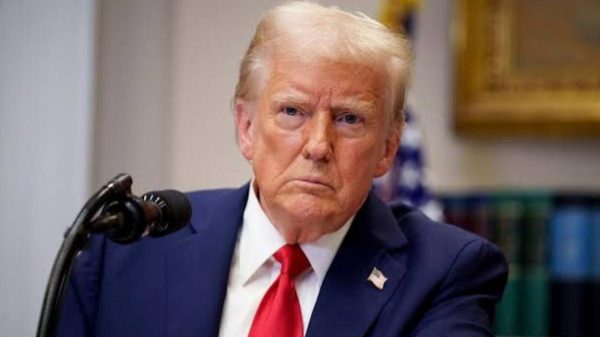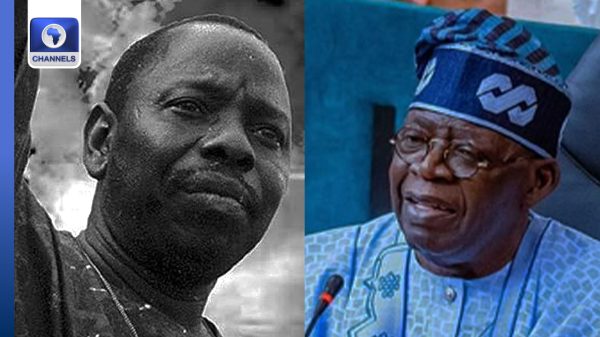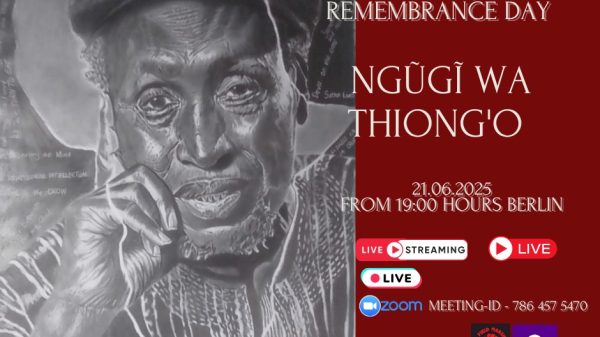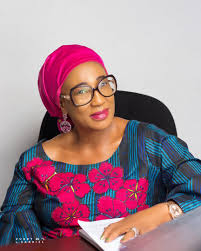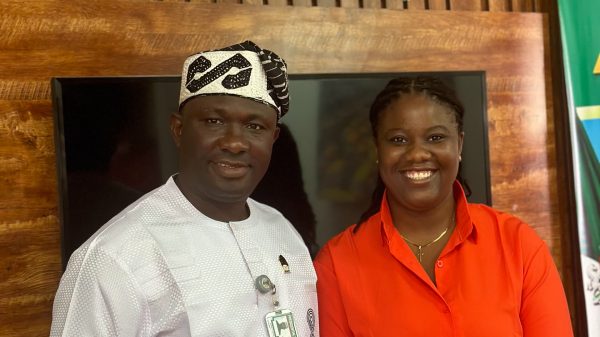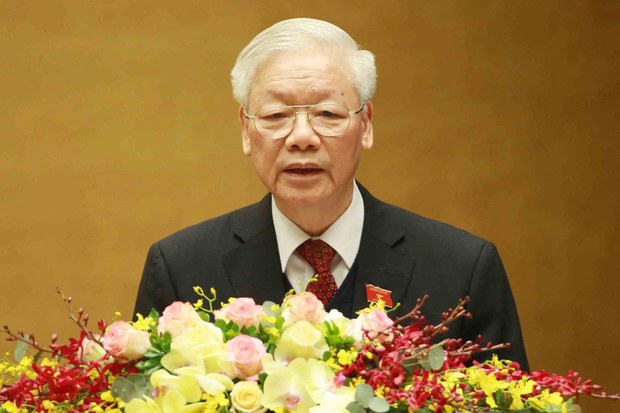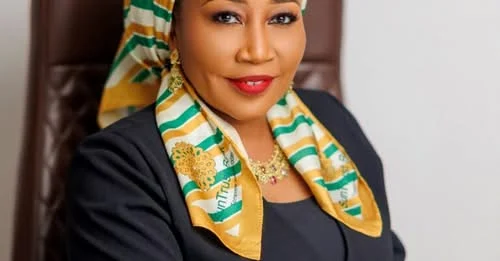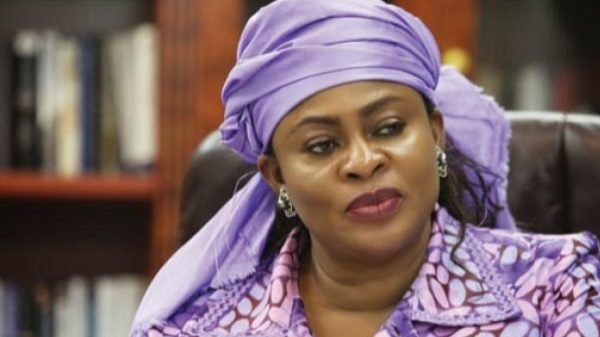Nguyen Phu Trong, the long-serving General Secretary of Vietnam’s Communist Party, has passed away at the age of 80. This marks the end of an era for Vietnam’s one-party political system, where Trong was a central figure for over a decade. His death comes after a prolonged period of illness during which he had largely withdrawn from public life.
Trong’s tenure began in 2011, and he quickly established himself as a dominant force within the Vietnamese Communist Party. Known for his rigorous anti-corruption campaign, which he branded the “Blazing Furnace,” Trong’s leadership was characterized by a commitment to combatting graft within the party and the government. This campaign, while lauded by some for its boldness, also raised concerns about political stability in a nation heavily reliant on foreign investment and trade.
State media confirmed Trong’s passing after an extended illness, despite extensive medical treatment and care from party officials and health experts. According to VNExpress, his health had been declining for some time, and he had been rarely seen in public since an extraordinary National Assembly session in January of this year.
In response to Trong’s death, the leadership transition has already begun. To Lam, the newly appointed President of Vietnam, has assumed the role of Acting General Secretary. Lam, who took office as President in May 2024, is now the highest-ranking official in Vietnam and will oversee the work of the Party Central Committee, the Politburo, and the Secretariat. This transition is crucial as Vietnam navigates a period of both political and economic uncertainty.
Trong’s leadership was marked by significant achievements and controversies. His anti-corruption campaign led to the prosecution of numerous high-ranking officials and business leaders, reflecting his resolve to tackle deep-seated corruption. This campaign was seen as a double-edged sword: while it aimed to clean up the party and the government, it also stirred concerns about the concentration of power and the impact on political stability.
Carlyle Thayer, a Vietnam expert at the University of New South Wales, provided insight into Trong’s legacy. Thayer described Trong as a staunch advocate of Marxism-Leninism and a proponent of maintaining the Communist Party’s monopoly on political power. Under Trong’s leadership, Vietnam saw efforts to curtail the influence of state-owned corporations and aggressive measures against corrupt officials. Thayer noted that Trong’s pragmatic approach to foreign policy, coupled with his firm stance against what he viewed as threats to Vietnam’s political system, characterized his time in office.
Trong’s passing is likely to prompt a period of reflection within Vietnam’s political circles. His leadership was pivotal in shaping the direction of the Communist Party and the country’s approach to governance and economic policy. As To Lam steps into the role of Acting General Secretary, the direction of Vietnam’s political future will be closely watched. Lam’s ability to navigate the complexities of party politics and maintain stability will be crucial for the country’s ongoing development.
The transition of leadership comes at a time when Vietnam faces numerous challenges, including maintaining its economic growth amidst a rapidly changing global landscape and addressing internal political dynamics. Trong’s death represents a significant shift in Vietnam’s political landscape, and the impact of his departure will be felt across various facets of Vietnamese society.







